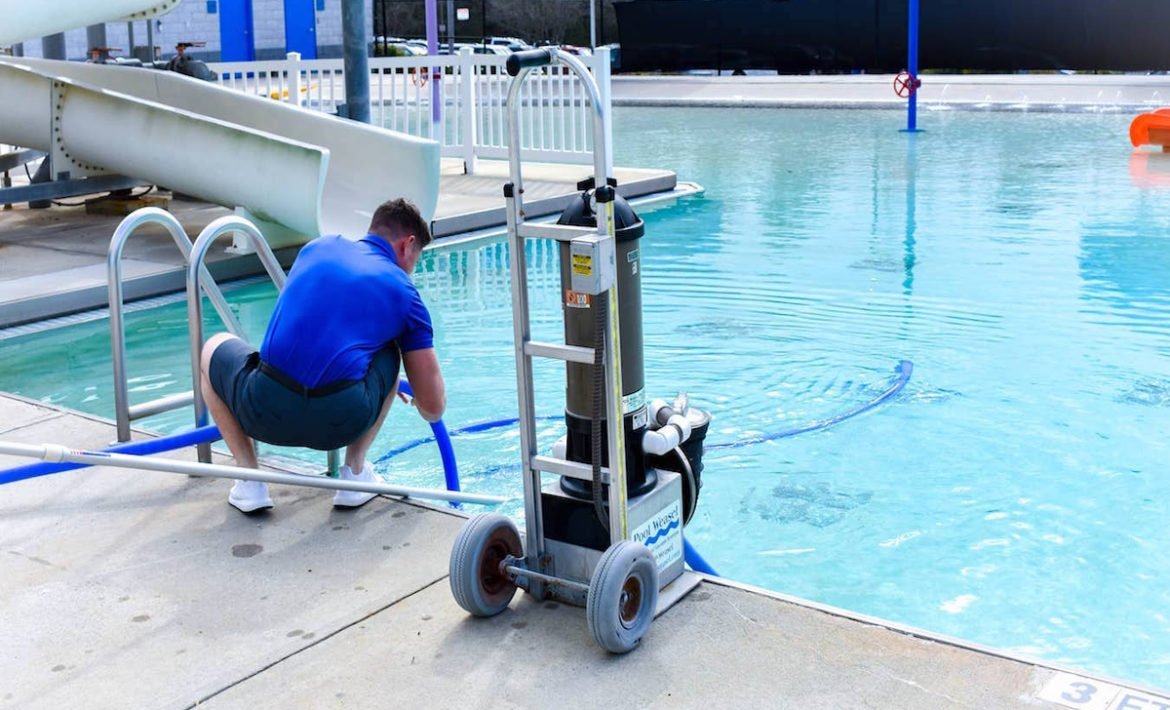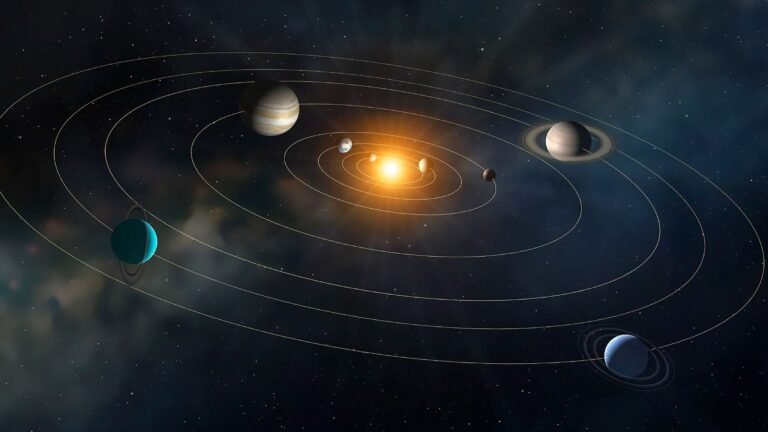
Choosing the Right Pool Filter for Your Climate
Choosing the right pool filter based on your climate is essential for maintaining a clean and inviting swimming environment. Understanding the differences between filter types and how climate impacts their performance allows homeowners to make informed decisions. The key factors to consider include local environmental conditions, water temperature, pool usage, and the level of debris accumulation. Regular maintenance is also vital to ensure your filter operates effectively over time.
By investing time and effort into selecting the appropriate pool filter and adhering to a proper maintenance routine, you can significantly enhance your pool experience. Whether you choose a sand filter, cartridge filter, or diatomaceous earth filter, understanding your specific needs and climate conditions will lead to a more enjoyable and hassle-free pool ownership experience. Ultimately, keeping your pool clean and safe for swimming begins with making the right filter choice tailored to your unique circumstances. A well-maintained filter not only improves water clarity but also contributes to the longevity of your pool equipment. It reduces the need for costly repairs and chemical treatments, ultimately saving you time and money.
Understanding the Types of Pool Filters
There are three primary types of pool filters: sand filters, cartridge filters, and diatomaceous earth (DE) filters. Each type has its own advantages and disadvantages, making it essential to understand how they function. Sand filters are the most commonly used filters, utilizing sand as a filtration medium. They trap dirt and debris as water passes through, which is relatively easy to maintain. Backwashing is a straightforward process, making sand filters a popular choice for many pool owners.
Cartridge filters employ a pleated cartridge made from synthetic materials that effectively capture dirt and debris. They require less backwashing than sand filters, thus conserving water. However, the cartridges need periodic cleaning and eventual replacement, which can add to ongoing maintenance costs. On the other hand, diatomaceous earth filters offer superior filtration capabilities. They use fine powder made from crushed diatoms, which provides a high level of cleanliness. However, DE filters require more maintenance and are more complex to operate.
When choosing a pool filter, it’s crucial to consider your specific pool needs, including the size of your pool and the level of debris it collects. Factors such as water temperature, usage frequency, and local environmental conditions also play a role in determining the most suitable filter type. Understanding the differences between these filters helps you make a well-informed decision tailored to your climate and pool usage.
How Climate Influences Pool Filter Performance
The climate in which you reside can greatly impact the effectiveness of your pool filter. Different weather conditions can lead to varying levels of debris accumulation, algae growth, and pool usage. For instance, in warmer climates, high temperatures and direct sunlight create ideal conditions for algae blooms. In these regions, a more efficient pool filter, such as a DE filter, is often recommended. DE filters excel at removing small particles, providing superior cleanliness and clarity in warmer waters where algae are more likely to thrive.
In contrast, cooler climates may not experience the same level of algae growth. In these areas, pool usage tends to be less frequent, which may reduce the amount of debris accumulating in the water. As a result, sand or cartridge filters may be sufficient for maintaining water clarity and cleanliness. Additionally, seasonal changes can further influence pool filter performance. During autumn, for example, leaves and other debris can quickly clog filters, necessitating more frequent cleaning.
Understanding local environmental factors, such as rainfall, humidity, and wind, is essential when choosing a pool filter. Heavy rains can introduce more debris into the pool, while windy conditions may lead to more leaves and dust being blown in. Thus, selecting a filter that can handle varying levels of debris is crucial for effective filtration. Homeowners should assess their local climate to determine which filter type will be most efficient and effective for their specific needs.
Choosing the Right Pool Filter for Your Specific Climate
When selecting a pool filter, several factors should be considered in relation to your climate. One of the most critical considerations is the average water temperature. In warmer climates, pool owners face a higher likelihood of algae growth, making a filter with strong filtration capabilities essential. DE filters, for example, can effectively eliminate algae and other contaminants in warmer waters, ensuring your pool remains clean and safe for swimming.
Additionally, the frequency of pool usage should influence your decision. If your pool is used frequently during the summer months, it will accumulate more debris and contaminants. In this case, opting for a robust filtration system that can handle higher volumes of debris is advisable. Conversely, if your pool sees limited use, a simpler sand or cartridge filter may suffice.
Local debris levels are another factor to consider. Areas with a lot of trees and vegetation will likely introduce more debris into your pool, necessitating a filter that can handle larger particles. Homeowners in such regions should look for filters that are easy to clean and maintain.
The Importance of Regular Maintenance
Regardless of the type of pool filter you choose, regular maintenance is crucial for optimal performance. Proper upkeep not only extends the lifespan of your pool filter but also ensures that your water remains clean and inviting. Different filter types require various maintenance routines, so understanding these requirements is essential. For instance, sand filters should be backwashed regularly to remove trapped debris and prevent clogging. Backwashing involves reversing the flow of water through the filter to clean out contaminants effectively.
Cartridge filters require periodic cleaning, which can typically be done with a hose. Additionally, cartridges should be replaced when they become worn or damaged. DE filters need regular cleaning, and the diatomaceous earth must be replenished to maintain effective filtration. Each of these maintenance tasks is essential for ensuring that your filter operates at peak performance.
For homeowners who may find pool maintenance daunting, enlisting professional help can be beneficial. Utilizing a Pool Cleaning Service Victorville can ensure that your pool remains in top condition, allowing you to enjoy your swimming experience without the hassle of maintenance. Professional services provide expert guidance on filter selection and maintenance routines, helping you make the best choices for your pool.
Selecting the Ideal Pool Filter
Choosing the right pool filter based on your climate is essential for maintaining a clean and inviting swimming environment. Understanding the differences between filter types and how climate impacts their performance allows homeowners to make informed decisions. The key factors to consider include local environmental conditions, water temperature, pool usage, and the level of debris accumulation. Regular maintenance is also vital to ensure your filter operates effectively over time.
By investing time and effort into selecting the appropriate pool filter and adhering to a proper maintenance routine, you can significantly enhance your pool experience. Whether you choose a sand filter, cartridge filter, or diatomaceous earth filter, understanding your specific needs and climate conditions will lead to a more enjoyable and hassle-free pool ownership experience. Ultimately, keeping your pool clean and safe for swimming begins with making the right filter choice tailored to your unique circumstances.






